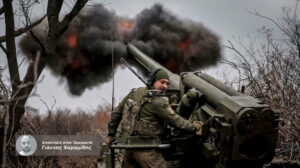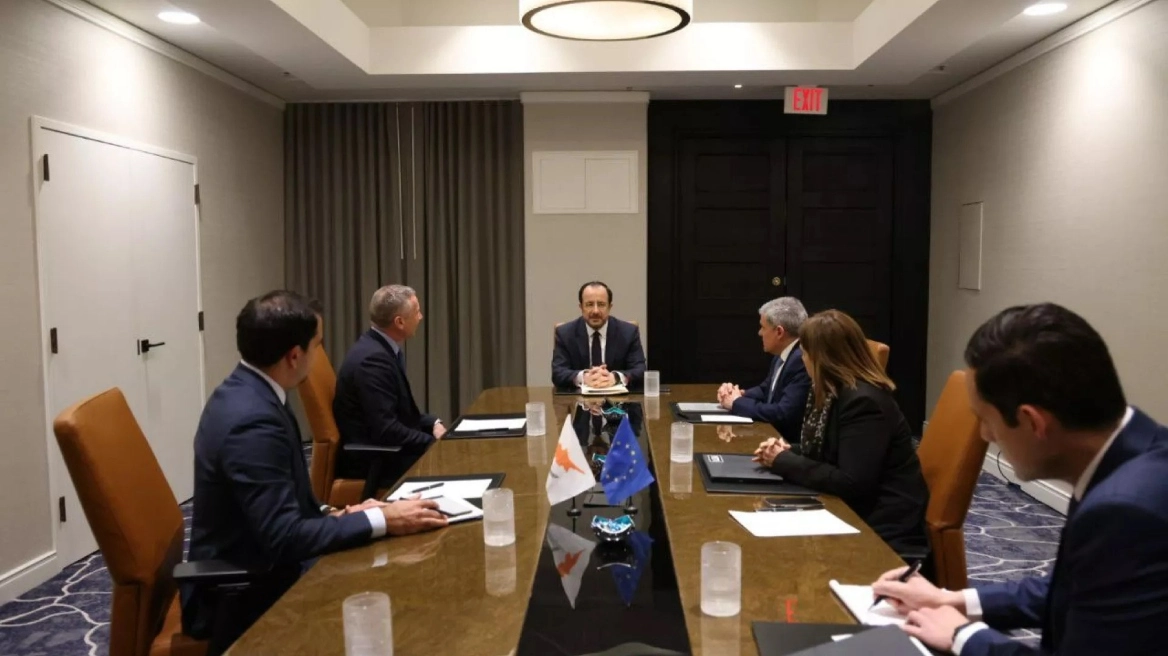Attempting to figure out ways to enter Ukrainian territory today, even from the comfort of your computer, is a significant challenge. If your curiosity or professional necessity draws you into such an endeavor, it quickly transforms from a logistical task into a complex and emotional journey.
Traveling through Bulgaria, Romania, and Moldova, and arriving at one of the remaining open border crossings into Ukraine is an adventure in itself. At the Moldova-Ukraine border post, the lack of amenities contrasts starkly with the thoroughness of the inspections. Vehicles and passengers alike undergo meticulous checks, a reflection of the intense vigilance imposed by nearly three years of war.
For our car and its six passengers, this meant a complete search by Ukrainian soldiers, most of whom seemed barely older than young adults. One soldier, clad in American-style Ukrainian military fatigues, approached calmly, requesting we exit the vehicle and hand over our passports. His demeanor was polite yet firm, his eyes sharp with the weight of his role.
A Soldier’s Story Unfolds
The young man surprised us with his familiarity with Greek, greeting us with a warm “kalispera.” His unexpected fluency sparked a conversation, leading him to share more than we could have anticipated.
He revealed that he was a second lieutenant, stationed at the border after recovering from his second injury in combat. Despite his calm exterior, his words carried the weight of someone who had seen more than his share of hardship.
The lieutenant spoke openly about the ongoing dangers across all provinces of Ukraine, cautioning us against proceeding further. “War is hard,” he said, “but we face it equally in the same trench.” His tone was tinged with a mix of resilience and sorrow as he recounted his battles in Kherson and Donbas.
“I served wherever I was needed,” he continued, “but the problem with war is that we all lose something, even those not directly involved. Ukrainians and Russians alike are losing, whether they chose this path or were ordered onto it.”
A Brother’s Bond and the Silence of War
As our conversation deepened, the lieutenant revealed a haunting personal truth. His service had exempted his brother from conscription under Ukrainian law, but his brother had voluntarily enlisted, inspired—or perhaps compelled—by his example. Now, the lieutenant’s family dinners were marked by an unbearable silence, a silence born of absence and uncertainty.
“We don’t know where he is,” the lieutenant admitted. “Communication is scarce due to the lack of soldiers. But I know he’s alive—I can feel it.”
His eyes darkened as he spoke of the silence that torments him. “On the front lines, silence is the worst. It means either your team is gone, or you’re next. But at home, the silence at our tables is just as unbearable.”
Farewell to the Unknown Soldier
Our exchange was abruptly interrupted by a fellow officer who signaled that the growing line of cars required attention. The lieutenant, now visibly shaken from his own reflections, returned to his duties. Before closing our car’s trunk—a thorough inspection never conducted—he offered us a heartfelt farewell:
“Thank you for coming. As a country, we will thank you properly someday.”
As we drove away, his words lingered. He remained a man without a name, but his story, his pain, and his resilience became a part of us. The unknown soldier of Ukraine may one day have a face, but for now, his story is etched into the memories of those fortunate—or fated—to meet him.
Ask me anything
Explore related questions





